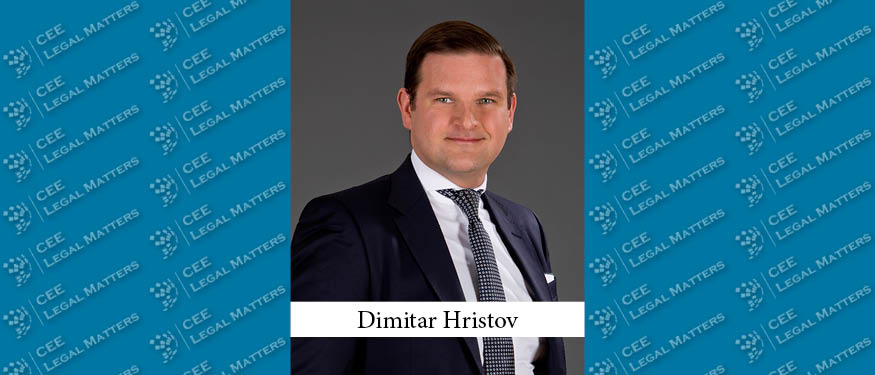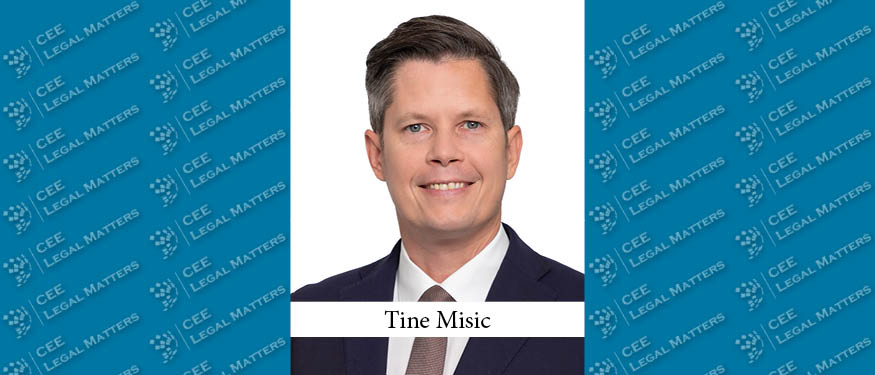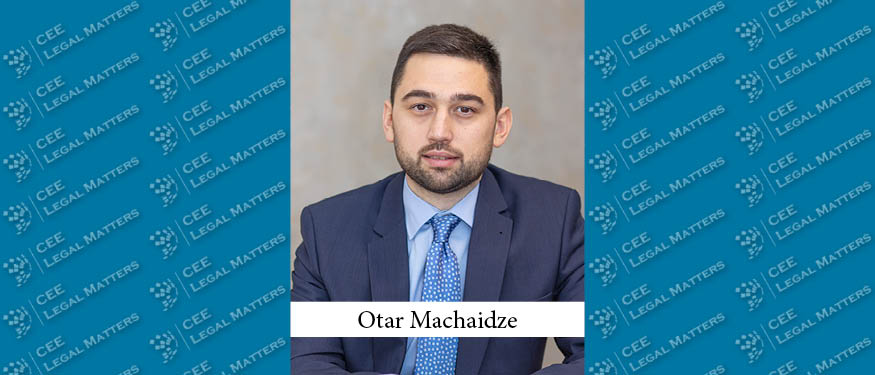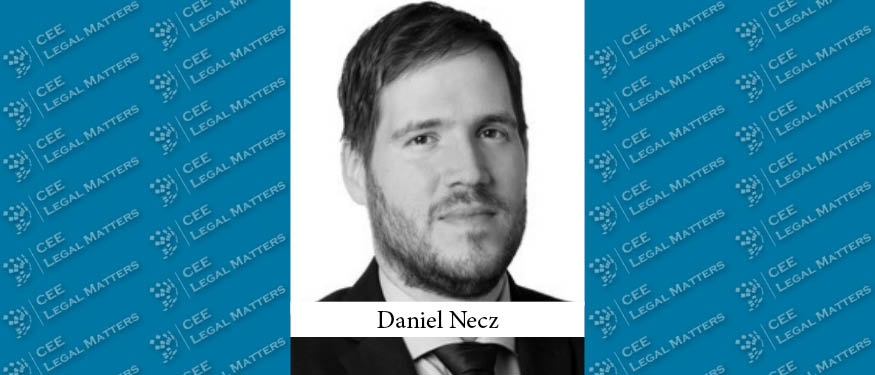On December 7, 2023, Austria saw a significant shift in its tax regulations with the suspension of key provisions in the double taxation agreement (DTA) with Russia.
The change stems from Russia’s decision in August 2023 to unilaterally suspend the DTA, with Austria responding by also halting the application of key parts of the DTA. The suspension is not unusual in Europe. However, even before and much more so after the attack on Ukraine, Austria (especially Vienna) was already serving to a disproportionate extent in Europe as a place of residence for private individuals and companies having a cross-border link to the Russian Federation, which leads to much more practical questions on the suspension compared with other jurisdictions.
The core objective of the original agreement – to avoid double taxation of income between the two countries – will no longer be met. Particularly impacted are the allocation rules that allocate taxing rights for various types of income, such as corporate profits, dividends, and other forms of income (Articles 6 to 22 DTA). These allocation rules have ceased to function, allowing both Austria and Russia to tax this income under their domestic laws without any international agreement limiting their rights. Even though some parts of the agreement, such as residency determination (Articles 1 and 4 DTA), remain theoretically in effect, the suspension of the distribution rules means that income can no longer be taxed “according to this agreement.” This leaves Austria free to tax the income without being bound by the obligations it previously had under the DTA to either exempt the income or credit foreign taxes.
For example, before the suspension, if an Austrian resident received dividends from Russia, those dividends would typically be taxed in Russia with a source tax of up to 15%, and Austria would tax the dividends with 27.5% but credited the Russian tax. Now, both Austria and Russia can tax the dividends, resulting in a double tax burden. This represents a significant departure from the original purpose of the DTA, which was designed to prevent such situations. Despite this major change, Austrian taxpayers do have the option to apply for unilateral tax relief in Austria. This relief, however, is not automatic and depends on a formal request to the Austrian tax authorities. The authorities will assess whether genuine double taxation has occurred and whether granting relief is reasonable based on considerations of equity and expediency. One critical factor is the overall tax burden. For instance, if the Russian tax is relatively minor compared to the taxpayer’s total tax liability, the chances of obtaining relief may be reduced. However, there is no set (de minimis) threshold for what constitutes a “minor” tax burden, leaving the decision up to the discretion of the tax authorities.
The Austrian Ministry of Finance has also made it clear that no unilateral tax relief will be granted in cases involving individuals or companies subject to EU sanctions, or for those who are not residents of Austria. This position aligns with Austria’s broader goal of ensuring that EU sanctions against Russia are fully enforced in the tax context and that no special allowances are made for sanctioned parties or foreign taxpayers. Another challenge that could arise for taxpayers is the calculation of income earned from Russia, especially if the income spans both before and after the cutoff date of December 7, 2023. In such cases, the Ministry of Finance allows for a simplified approach, known as “formulaic apportionment,” where, according to the pro rata temporis principle, the income is divided proportionally across the months of the year. This approach helps taxpayers and authorities allocate income more easily between the periods when the DTA was in effect and after it was suspended.
In conclusion, the suspension of the DTA’s core provisions has created a complex tax landscape for Austrian taxpayers with income from Russia. Income received after December 7, 2023, is now subject to taxation in both Austria and Russia, potentially leading to double taxation. Taxpayers may seek unilateral relief through the Austrian tax authorities, but success is not guaranteed and will depend on the specifics of each case. Given the complexity of these new tax rules, it is essential for affected individuals and businesses to thoroughly review their tax situations and seek professional advice to ensure compliance and minimize potential tax burdens.
By Dimitar Hristov, Head of Tax, DLA Piper Austria
This article was originally published in Issue 11.9 of the CEE Legal Matters Magazine. If you would like to receive a hard copy of the magazine, you can subscribe here.
















